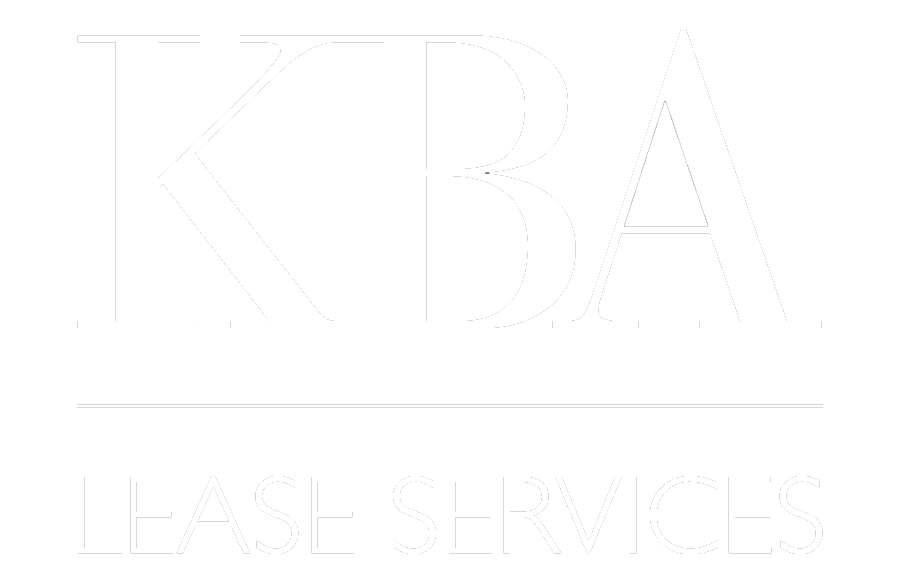We use language in our everyday speech that we often take for granted. In real estate, some of the most commonly used terms are “Net Lease” and “Gross Lease.” What exactly are these, and how should these terms be used?
Net and Gross Leases
Net and Gross refer to whether the base rent includes operating costs. When a lease is Net, it means that the base rent being paid does not include building taxes, insurance, utilities or other operating expenses. These must be paid for separately by the tenant. On the other hand, when a lease is a Gross lease, the tenant pays a lump sum each month, and all of these additional costs are included in the rent.
The terms Net and Gross are often incorrectly used to refer to who performs building services. This is because in many Net leases, the tenant performs its own building services. For example, it is common to see space referred to as “Industrial NNN” with the understanding that the tenant must perform its own building maintenance, do its own repairs and pay the building taxes and utilities. But it is also common to find a multi-tenant office building in which the landlord performs building services and then passes 100% of the costs onto the tenants. This is a Net lease too.
Modified Gross Leases
There is a third type of lease: the Modified Gross lease. This is a lease in which the rent includes building expenses like a Gross lease, but the landlord recaptures expense increases via a pass-through provision such as an operating expense, tax, or utility escalation. Some landlords use substitute escalation provisions, such as Porters’ Wage escalations (NYC only) and CPI escalations. Modified Gross leases are most commonly found in multi-tenant office environments.
Hybrid Leases
Hybrid leases mix the features of Gross, Modified Gross leases and Net leases. In these, some expenses are passed on 100% to the tenants while others are included in the rent on a gross or modified gross basis. For example, utilities and cleaning may be charged to the tenants on a Net basis (fully charged to the tenant), while operating expenses and taxes are handled on a Modified Gross basis (base amount included in the rent, with a pass-through of increases).
Conclusion
Because of the many different variations on these lease structures, it is highly recommended that practitioners refrain from using the terms “Gross” and “Net” in lease language. (For that matter, you should not use the terms “Double-Net” or “Triple-Net” either.) These terms can have different meanings to different people, and there is no accepted standard as to which “Net” refers to which expense. As a rule, it is always better to spell out the actual obligations of the parties.
